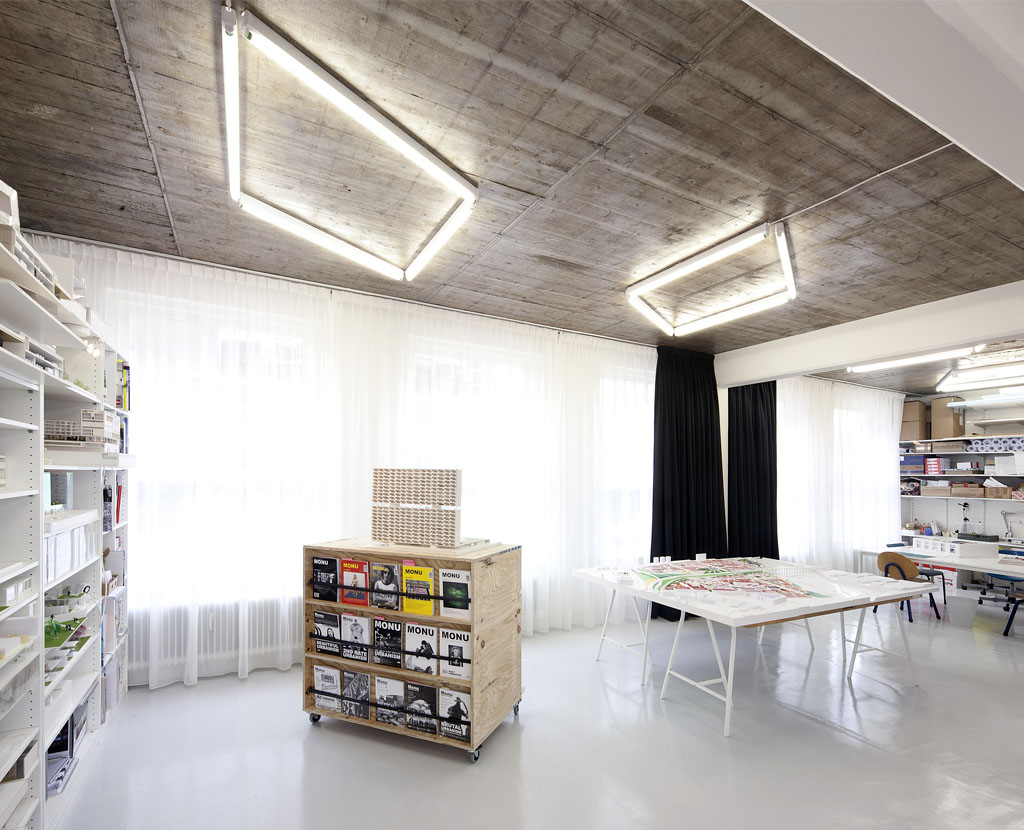27-07-17 // CROSSING BOUNDARIES

BOARD’s office in Rotterdam, photo by Sonia Arrepia, ©Sonia Arrepia
The Japan-based architectural research team “RAD – Research for Architectural Domain”, led by architect, researcher, and adjunct lecturer at Seika University, Mitsuhiro Sakakibara, interviewed Bernd Upmeyer for their forthcoming book on so-called “POTLUCK organizations”. The book will be published by Gakugei publisher from Kyoto. Other members of the research team include Daijiro Mizuno, Jun Inokuma, Etsuko Iwakiri, and Mana Fujii.
The group is interested in the fact that there are many organizations, such as BOARD, whose members bring together different skills from architecture, urbanism, design, art, media, politics, economics, geography, to law etc.. to conduct inter-disciplinary research projects. Such global and inter-disciplinary organizations they call “POTLUCK organizations”. A POTLUCK is originally a gathering where each guest contributes a different and unique dish of food, often homemade, to be shared. The aim of the research is to find out how “POTLUCK organizations” work and to list and publish about a hundred of them from all over the world in a book.
The following interview with Bernd Upmeyer will appear in the book:
Crossing Boundaries
RAD: How diverse is your organization in terms of its members?
Bernd Upmeyer: At the moment we are working with a fixed and core staff of 7 to 8 people, who are all trained as architects, but interested in working on projects that go beyond architecture, such as producing magazines and publications, research studies, etc. When we are working with people from other disciplines, such as sociologists, experts from the real estate industry, or economists, we team-up with them in particular projects and on the basis of free collaboration. At the moment, and related to the size of our office, it would be rather impossible to work with, for example, an economist as a fixed team member or a full-time collaborator. Thus, the diversity of the team always changes depending on the projects and on a temporary basis.
RAD: What is the motivation of your practices?
BU: The main motivation to run an office like BOARD that is active in a lot of different fields comes first of all from our interest in architecture and my own academic background as a trained architect. Although I was already interested in a lot of different issues and subjects, especially physics, but art too, for example, during my time in high-school in the 1980s and the start of the 1990s, I started studying architecture during the middle of the 1990s with the idea of becoming an architect in the traditional sense. But where I started studying architecture… more parts of the interview will be published in Writings soon.